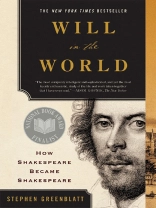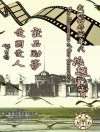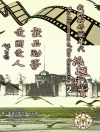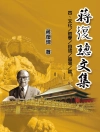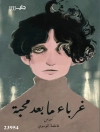Named One of Esquire’s 50 Best Biographies of All Time
The Pulitzer Prize and National Book Award finalist, reissued with a new afterword for the 400th anniversary of Shakespeare’s death.
A young man from a small provincial town moves to London in the late 1580s and, in a remarkably short time, becomes the greatest playwright not of his age alone but of all time. How is an achievement of this magnitude to be explained? Stephen Greenblatt brings us down to earth to see, hear, and feel how an acutely sensitive and talented boy, surrounded by the rich tapestry of Elizabethan life, could have become the world’s greatest playwright.
Über den Autor
Stephen Greenblatt is Cogan University Professor of the Humanities at Harvard University. He has written extensively on English Renaissance literature and acts as general editor of The Norton Anthology of English Literature and The Norton Shakespeare. He is the author of fourteen books, including The Swerve, winner of the Pulitzer Prize and National Book Award, and Will in the World, a Pulitzer Prize finalist.
